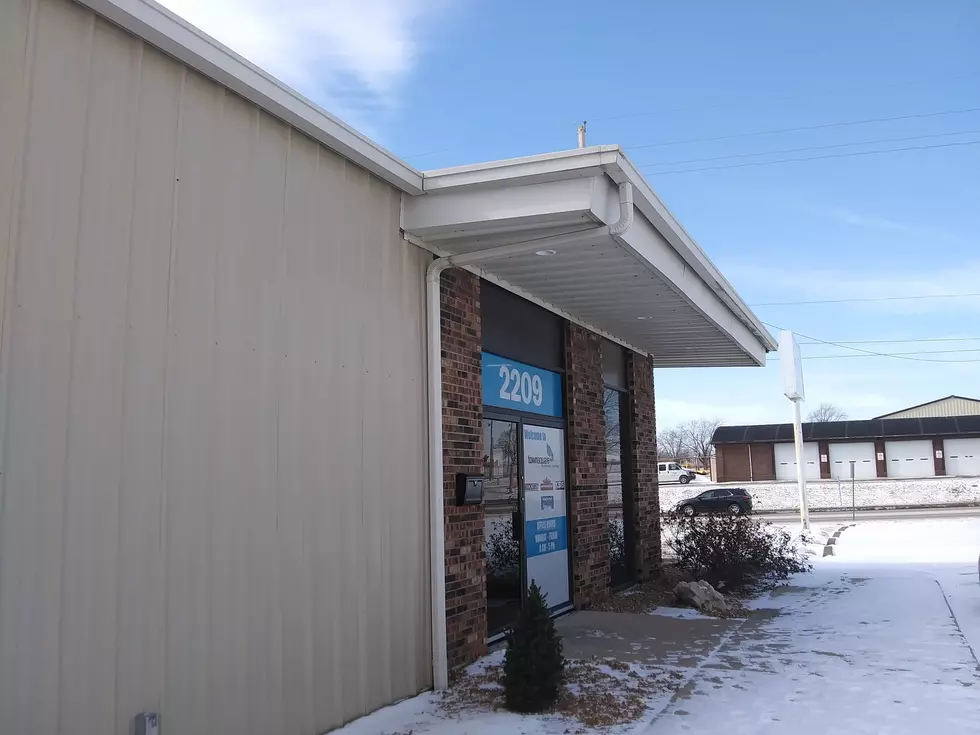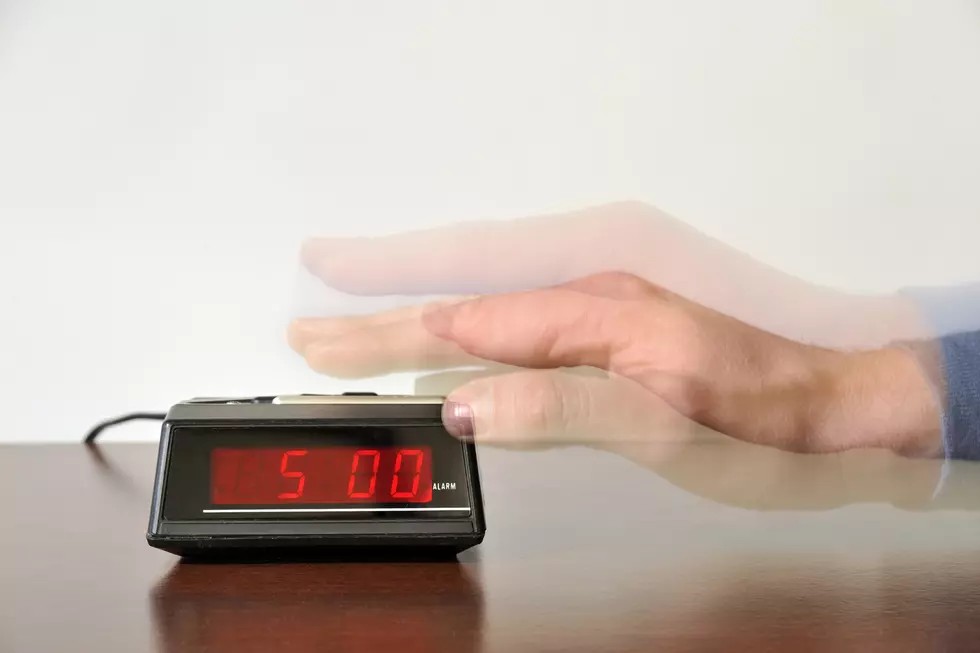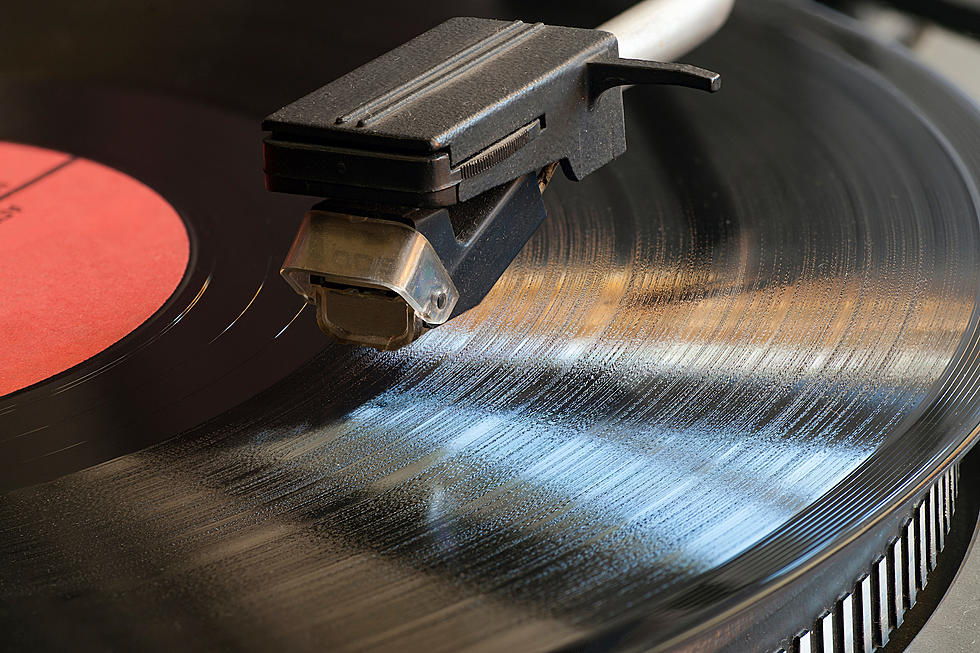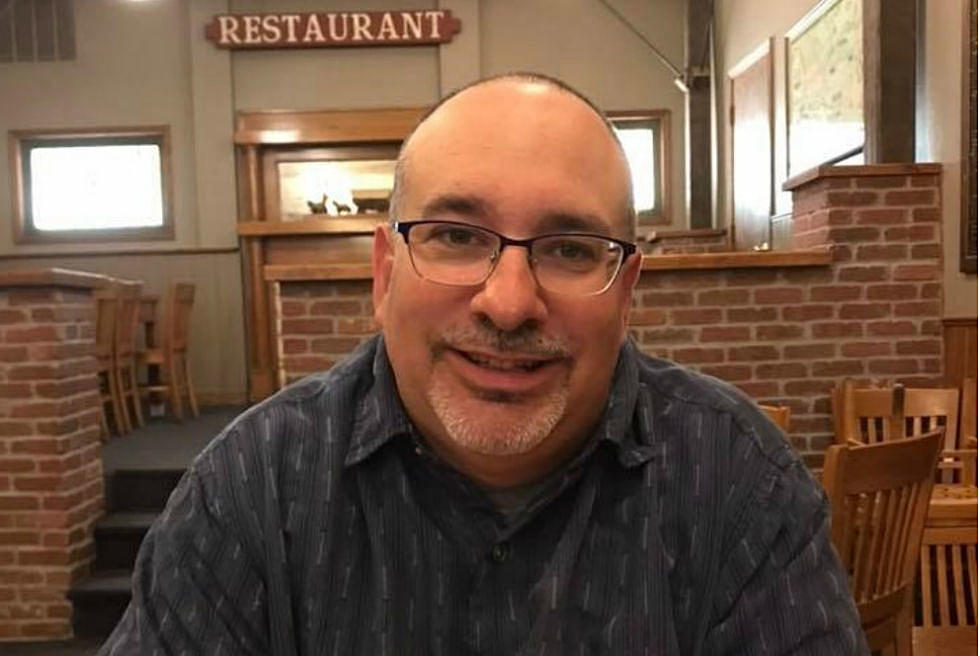
What Movies and TV Shows Really Show What Radio’s Really Like
Occasionally friends will ask me if a movie or a TV show that has something to do with radio is actually like working in the radio industry. Or I'll get a similar question from a student in a broadcasting or media class. And the truth is, most of them, regardless of how good they are really don't show radio as it really is.
Most of the time, radio is incidental to the story being told. The characters may work at a radio station. But they could have just as easily worked in a restaurant, an insurance company, or any of a million other professions. Other times, the radio profession may be important to the plot, but it's not the focus of the film.
A few good examples of this would be the movies "Play Misty for Me", "Talk Radio" and the TV show "Newsradio." Radio plays a role in both movies and the television show but is rather incidental in driving the stories forward.
In "Play Misty for Me" the fact that the protagonist is a DJ explains why his stalker develops an unhealthy obsession with him, but what makes the film work is the psychological aspects of the film which really have very little to do with radio.
In "Talk Radio", one could argue radio is the star. But, aside from a couple of subplots, it's more of an exploration of how a manipulative radio host can push people's buttons, emotionally and otherwise, and the toll it takes on his psyche and his fans. At its best, "Talk Radio" leaves its viewers with some very serious questions about how the media and talk radio is designed to push their buttons and manipulate them.
"Newsradio" is the workplace comedy that stared Phil Hartman, Dave Foley, Stephen Root, and Maura Tierney that took place at an all-news station in New York City. The radio stuff is played for laughs, and honestly, the show bears very little resemblance to any kind of real news radio operation. (It is, however, a very funny underrated program with a strong cast.)
I can think of two films, and a television show that truly tries to illustrate what working in a radio station is like. Here's my take on them:
"FM"
"FM" is a fun radio movie released in 1978 that tells the story of a fictional Los Angeles radio station, Q-Sky FM. Program Director Jeff Dugan has assembled a charismatic staff of characters with hopes, dreams, and problems. Over the course of the film, the radio station saves the whales with a then-unknown Jimmy Buffett. Broadcasts a Linda Ronstadt concert being sponsored by a competing radio station. All while PD Dugan has to deal with the professional, and personal, problems and quirks of the people he works with.
I like the film because it truly tries to deal with actual radio-related business including the tough decision of having to terminate an underperforming disc jockey, dealing with another personality's desire to try life outside of radio, another whose enamored with his own celebrity status, and dealing with the corporate office. All things radio station managers deal with regularly. And it does it in a way, that I think, is still entertaining to someone who doesn't have a lot of inside radio knowledge.
Of course, in real life, the major plot point of the film: The program director's refusal to play a major advertiser's commercials because he thinks they'll ruin his station's vibe and be an affront to his staff and listeners probably wouldn't happen. Occasionally, discussions about the appropriateness of a commercial or advertiser take place but rarely does it escalate to the level it does in the film.
The film's last fifteen minutes is completely unrealistic. It wouldn't have played out that way in 1978, much less 2021. And quite frankly, in my opinion, it doesn't serve the film very well. I wish they would have tried harder with the last fifteen minutes.
There's a couple of slow scenes, but for the most part, there are some good laughs, a little bit of tension, and great concert scenes featuring Jimmy Buffett and Linda Ronstadt. Also appearing in the film is Tom Petty and REO Speedwagon. Notable actors in the film include Cleavon Little, Eileen Brennan, Martin Mull, and Alex Karras.
"Private Parts"
There's a saying in the radio industry, that if you want a good look at what a radio career is, watch "Private Parts" and turn it off when Howard goes to New York. And in a lot of respects, that's true.
I believe "Private Parts" is Howard Stern's love letter to his then-wife Allison. Yet, the embellished for a film biography of the early days of one of radio's greatest performers will give any aspiring personality an eye-opening look at the biz. It covers working in small market radio. The pros and cons of breaking into management. The moving around many in radio choose to do to keep working. And the people a personality will meet along the way.
Aspiring radio folks need to be aware, most of us aren't as talented as Howard Stern, or as driven as Howard Stern. And an upward trajectory of a career from small to large markets isn't anywhere as direct as it's laid out in Stern's movie. And today, many radio folks might argue that working in a major market isn't nearly the accomplishment as it was when Stern did it. Nor does it offer the pay, benefits, or status that it once did.
In my opinion, and those of some of my radio co-workers, the end game for many broadcast professionals these days is finding a group of stations in a place they want to be in, working with people they enjoy being around, and for a company that respects their talents, pays them fairly, and treats them well. This is harder to accomplish than it sounds.
One other aspect that may be misleading is Stern's transition from DJ to personality. I like that they show him stinking on the radio and getting better. And while I believe anyone driven enough can get good enough to have a good radio career, there's a good chance even if you're great, a Stern-level career doesn't happen to many.
As for the move, Howard Stern fans will love it. Most radio people will enjoy it. And I think many non-Stern fans will enjoy it too. My Mother even enjoyed the film. And the love letter aspect of the film to his then-wife Allison is sweet too. The movie, of course, stars Howard Stern and Robin Quivers as themselves. As well as Paul Giamatti, Mary McCormack, and an appearance by Allison Janney.
"WKRP in Cincinnati"
"WKRP in Cinncinati" follows the exploits of a poorly performing radio station from the arrival of its new hotshot program director and the zany bunch of characters that make up the station's employees.
The show's creator, Hugh Wilson, was an account executive at a real Atlanta radio station and some of the plot lines, including the turkey episode, are based on real stories. Although, it's fair to say those stories in many cases are probably exaggerated.
At its heart, "WKRP in Cincinnati" is a workplace comedy. And I suspect these great actors could have created every bit of a compelling show if it was set at an insurance company, a restaurant, or a paper company.
What radio folks really like about the show is its portrayal of the characters. Many radio folks can rattle off real-life counterparts to many of the show's characters. Dr. Johnny Fever, Les Nessman, Herb Tarlek, "The Big Guy" Arthur Carlson, Bailey Quarters, and Jennifer Marlowe. Most of us have worked with people who are shown on the show.
For me, one of the best parts of working in radio is the people and the friendships I've struck up with my co-workers over the years. And this show illustrates that perfectly. The show also does a nice job giving someone the feel of what the day-to-day in a radio station is like.
Some radio folks like to pick on the radio aspects of the show that they don't get right. The jocks don't wear headphones while on air. Johnny Fever seems to play way more oldies than the hits. The board only has one cart machine. They don't cue the records up correctly. We don't see half the station's DJ's. It's fun inside radio stuff, but trust me, it doesn't detract from the show at all.
From a TV show perspective, if you're looking for a great, funny, workplace comedy with an ensemble cast in the vein of Mary Tyler Moore, you'll enjoy watching this show. Howard Hessman, Tim Reid, Gary Sandy, Richard Sanders, Gordon Jump, Jan Smithers, Loni Anderson, and Frank Bonner star.
The reality is, there isn't a perfect TV show or movie that shows what working in a radio station is like. Yet now and then, a film or a TV show comes along that actually does do a decent job of pulling the curtain back on what working at a radio station is like.
"FM", "Private Parts", and "WKRP in Cincinnati" are three that actually do that.
LOOK: The Most Famous Actor Born Every Year
Celebs Share Their Personal Paranormal Stories
More From KIX 105.7










